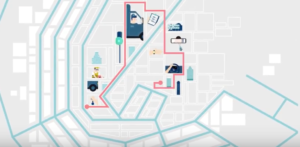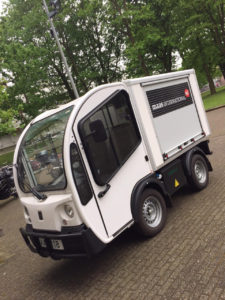Tag «city logistics»
Shippify: urban logistics that transforms emerging cities into smart cities
Udelv (USA) unveiled its autonomous, electric, last-mile delivery vehicle
Urban consolidation centres: understanding customer needs
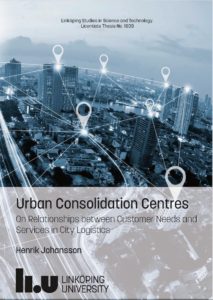
Urban Consolidation Centres (UCCs) are often conceived as an enabler to alleviate negative effects associated with distribution of goods in cities, such as traffic congestion and hazardous emissions. UCCs not only have the potential to reduce these effects but also provide alternative distribution solutions by introducing new transhipment points.
European cities are more aware of urban construction logistics

More European cities see construction logistics as part of urban freight policies, but also a lot of European cities do not have any initiatives yet. However, the awareness to deal with urban construction logistics is growing. These are the conclusions of the latest SUCCESS-report on the experience and maturity of 12 European cities in construction logistics.
Programme launched to reduce impact of construction road freight in London (UK)
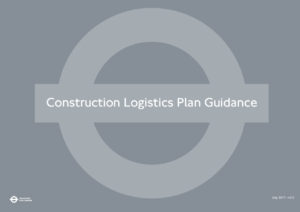
Industry is collaborating on a new programme designed to minimise the impact of the increasing amount of construction in London and to ultimately improve safety and air quality. The Construction Logistics programme, delivered in association with Transport for London and the Chartered Institute for Logistics and Transport, sees a broad range of industry involvement and …
Crowd-based city logistics
Moving from zero-emission to zero-impact city logistics

Up to now, the impact of city logistics on enhancing air quality within urban areas has been restricted. While the emphasis on adopting clean vehicles is beneficial for air quality, it is essential to address the creation of economically viable, essential, and health-promoting city centers and neighborhoods in formulating urban freight policies. The central focus …
Are automated parcel lockers more sustainable and efficient? Maybe…
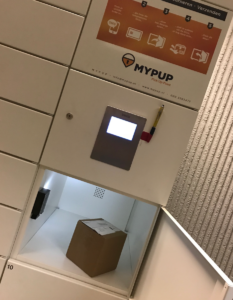
Home deliveries are the preferred method of delivery for consumers today. But, due to the specific, costly nature of home deliveries together with changes within society e.g. people working longer and more flexible hours and the competition between logistics providers, new more sustainable alternatives are being implemented. Automated parcel lockers being such an alternative.




